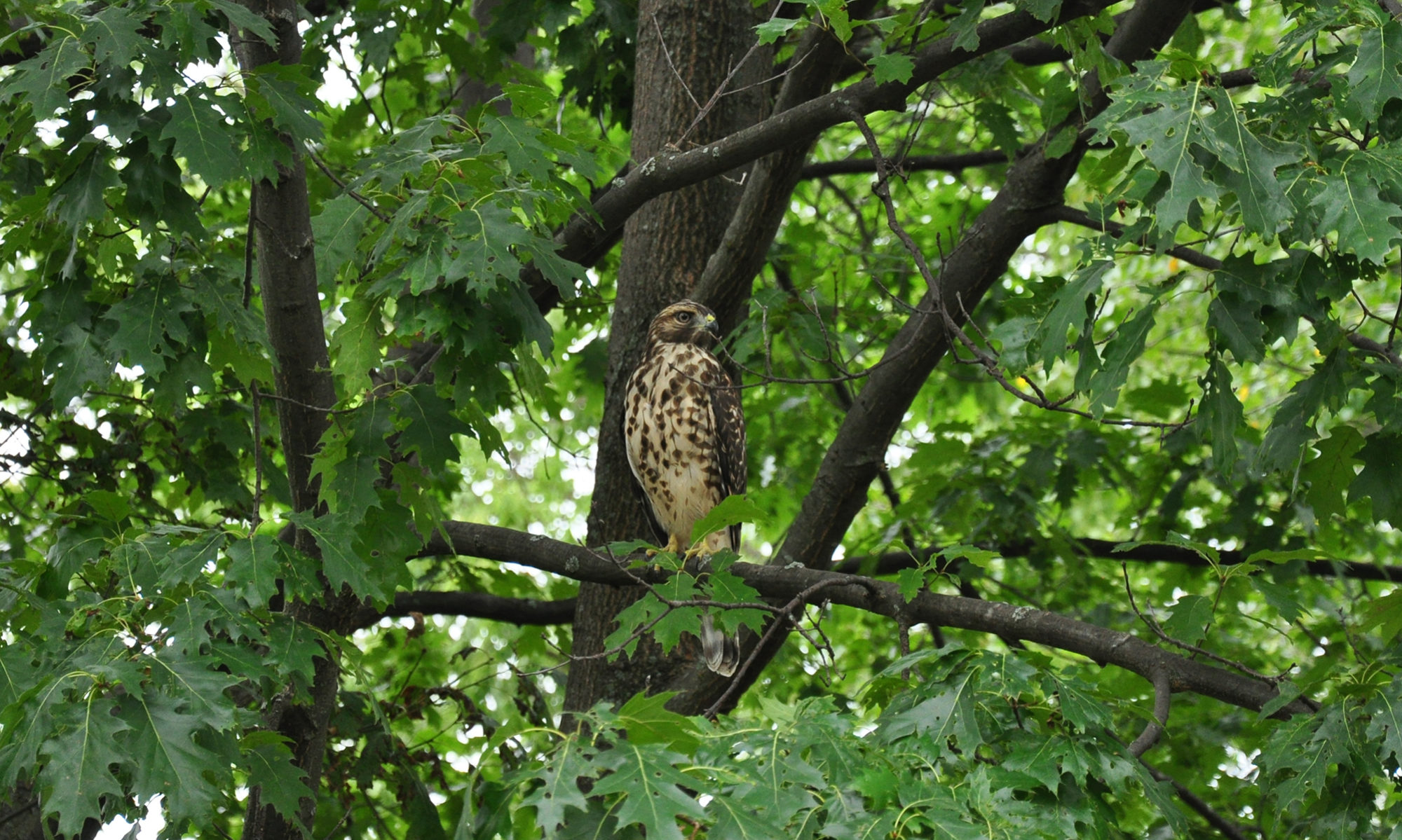“We Indians know about silence. We are not afraid of it. In fact, for us, silence is more powerful than words. Our elders were trained in the ways of silence, and they handed over this knowledge to us. Observe, listen, and then act, they would tell us. That was the manner of living.
With you, it is just the opposite. You learn by talking. You reward the children that talk the most at school. In your parties, you all try to talk at the same time. In your work, you are always having meetings in which everybody interrupts everybody and all talk five, ten or a hundred times. And you call that ‘solving a problem’.
When you are in a room and there is silence, you get nervous. You must fill the space with sounds. So you talk compulsorily, even before you know what you are going to say.
White people love to discuss. They don’t even allow the other person to finish a sentence. They always interrupt. For us Indians, this looks like bad manners or even stupidity. If you start talking, I’m not going to interrupt you. I will listen. Maybe I’ll stop listening if I don’t like what you are saying, but I won’t interrupt you.
When you finish speaking, I’ll make up my mind about what you said, but I will not tell you I don’t agree unless it is important. Otherwise, I’ll just keep quiet and I’ll go away. You have told me all I need to know. There is no more to be said. But this is not enough for the majority of white people.
People should regard their words as seeds. They should sow them, and then allow them to grow in silence. Our elders taught us that the earth is always talking to us, but we should keep silent in order to hear her.
There are many voices besides ours. Many voices…”
-Ella Deloria
[Wisdom from the Original People]
